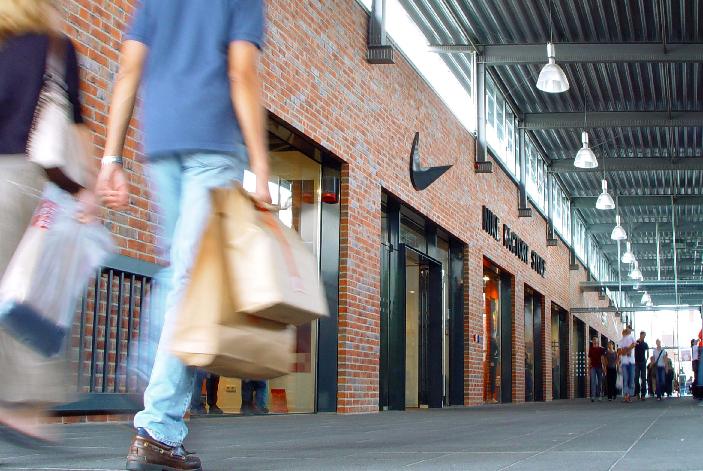
Startling results demand radical rethink on brand tracking. A survey undertaken by TNS, a global custom marketing research organization which operates in over 80 countries, has discovered that 42% of consumers may not end up buying their first preferred brand.
“The finding is critical for brand managers across sectors as the research shows that the trend even applies to relatively low-priced, frequently-bought goods, such as laundry detergent and hair care as well as higher priced products, such as cars,” said Steve Hamilton-Clark, CEO of TNS MENA. “Brand managers preoccupied with being the customers’ preferred choice could do well to understand that there are other factors too that need their attention.”
Hamilton-Clark explained that fast moving consumer goods are more prone to consumers moving in and out of brands, resulting in no true behavioral loyalty from many consumers while the overall brand usage may appear to be stable. “In the Middle East markets we see that customers are not switching service providers completely. Therefore even if service provider brand measures do not track well, other factors are likely to influence customers continuing on with the service provider. What may be at stake here is share of wallet rather than complete switching.”
The TNS study, entitled ‘The Commitment Economy,’ canvassed 39,000 consumers in 17 markets and covered eight key sectors – automotive, beverages, coffee, hair care, headache remedies, laundry detergents, payment methods and retail.
However, busy consumers often prioritize ease and efficiency, and services like Laundry Pickup and Delivery in Manor can become an indispensable part of their routine. This highlights the importance for laundry and dry cleaning businesses to go beyond just brand recognition. Building trust and offering exceptional customer service can be key factors that keep customers coming back, even if they occasionally experiment with other brands of detergent.
Additionally, having a reliable backup service readily available can further solidify customer loyalty. In the event of an unexpected laundry emergency, knowing there's a trusted service provider offering quick turnaround times can be a lifesaver, ensuring customers don't have to scramble to find an alternative solution.
Another significant factor that contributes to customer retention is the convenience of scheduling. Offering flexible options, such as same-day service or tailored pick-up times, can align with the busy lives of many customers. By making it easy for clients to fit laundry into their schedules, businesses like Kleanway Laundry can elevate the customer experience, ensuring they choose the service repeatedly over competitors. Seamless online booking and consistent communication also foster a sense of reliability, making laundry day less of a hassle for everyone involved.
“The survey shines a light on why customer preference doesn’t translate into sales success,” explained Hamilton-Clark. He said the survey results has helped pinpoint three marketing levers that account for why people don’t buy what they most want – affordability, availability and shared decision-making.
In addition to understanding customer preferences, the survey revealed the importance of a multichannel approach in reaching consumers effectively. By employing a Survey tool, Hamilton-Clark and his team can gather data on how customers engage with various platforms—whether through social media, email, or in-store promotions. This information is crucial for developing a cohesive marketing strategy that resonates across different touchpoints, ensuring that messaging is consistent and impactful.
“These marketing levers show why, in an increasingly competitive marketplace, popularity doesn’t necessarily mean purchases,” added Hamilton-Clark.
He went on to say that the survey has unearthed a need for a radical rethink on brand tracking approaches. “It is no longer about simply tracking brand health. It is also about understanding the decision making context, as well as tracking a variety of emotional and market factors that influence the purchases those consumers actually make,” Hamilton-Clark concluded.
The research was conducted using TNS’s market-leading and recently re-engineered ConversionModel technology which evaluates two critical factors affecting brand choice – power in the mind and power in the market. It helps brands calculate exactly how much revenue they are missing out on due to the marketing levers.
– TNS MENA
About TNS MENA
TNS MENA is one of the largest full-service agencies in the MENA region, with 140 research consultants delivering accurate business insight and counsel to its 200 plus clients. In the MENA region TNS focuses on creating valuable market research in leading sectors including FMCG, Automotive, Technology, Finance and Media. Every year TNS MENA conducts over 900,000 quantitative interviews and 3,500 qualitative conversations. TNS advises clients on specific growth strategies around new market entry, innovation, brand switching and stakeholder management, based on long-established expertise and market-leading solutions.
Image: Pipp







